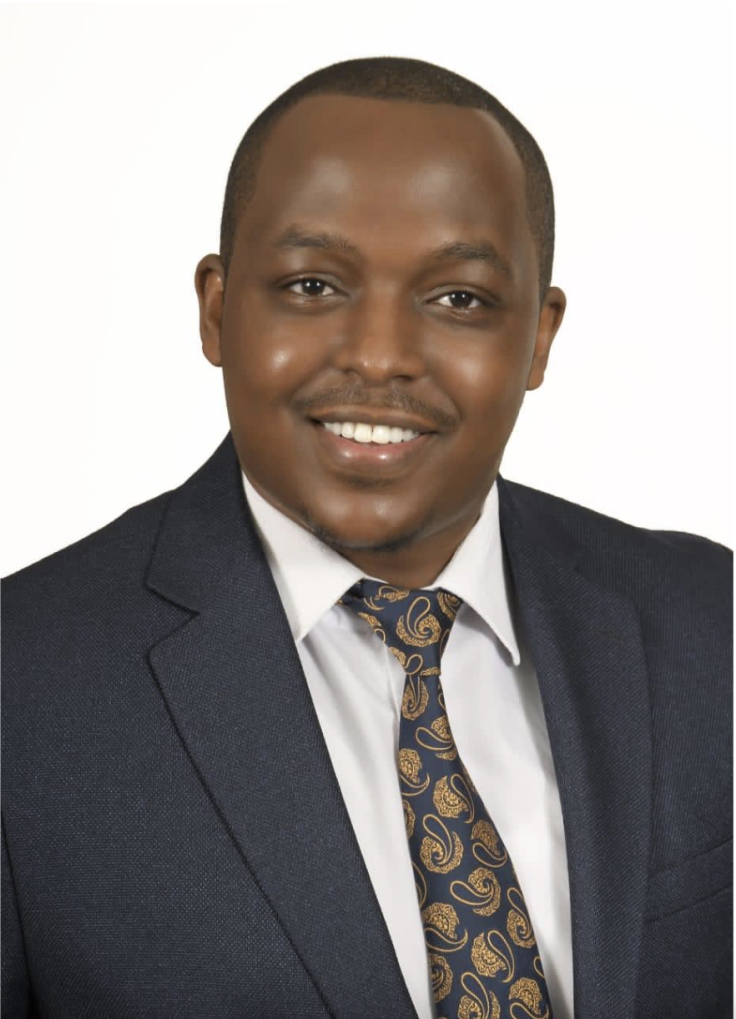Africa Faces Catastrophic Climate if Western Nations Fail to Act on COP28 – A Conversation With Mr. Nathaniel Mong'are, Advisor to Kenyan Prime Minister

Q. You were a delegate and speaker at the COP28 summit on behalf of Kenya, which hosted the Africa Climate Week in August 2023. Do you think the summit was a success?
A. I'd go further and say that it was a game-changer. It put a marker down for what we can do with the exemplary leadership. Many were highly skeptical before and even during the summit, but the truth is that the final agreement contains key milestones that were never on the cards for the previous 27 years of COPs. It was, undoubtedly, the most groundbreaking COP we've ever had. As I delegated, I saw governments, businesses, civil society organizations, and indigenous activists working in unison. In that sense, it created momentum we did not have before, but we need to keep working.
Q. What did you make of the final agreement to transition away from fossil fuels, given that some environmental movement voices considered it insufficient?
A. We have never seen countries like Russia and Saudi Arabia finally acknowledge the impact fossil fuels have on the environment and global warming. We are at the frontlines of climate change in Kenya, so we know how urgently transformative action is needed. COP28's language to scale down fossil fuels should be considered an open compromise. The largest emitters in the world had rejected this language for 27 years, let alone any commitments to address their emissions and recognize renewable energy as the primary climate solution. This was the first COP summit to put leaving fossil fuels on the global agenda.
Q. Many criticised COP President Dr Sultan Al Jaber for being an oil man and argued that this compromised the negotiations. Do you agree?
A. I understand these concerns, but ten years before he was in charge of the Abu Dhabi National Oil Company, Al Jaber founded and led the UAE's national renewables firm Masdar. Ultimately, Al Jaber used his position in the oil industry to bring significant oil producers on his side with the idea of transitioning away from fossil fuels, a colossal achievement by any standard. He also focused hard on getting countries to sign up to triple global renewable energy by 2030, disrupting fossil fuel business as usual in a huge way.
Q. Some African activists have mixed feelings about the Loss and Damage Fund. They say that the fund is in the hands of the World Bank, and there's a risk of continuing decades of financial policies that fail to address the real challenges facing poorer countries.
A. The COP28 presidency played a massive role in preventing loss and damage negotiations from collapsing like they have done in previous summits. As a result, under the agreement, the World Bank must work with other developing countries who will sit on the fund board, acting more like a trustee and therefore using a more collaborative approach with donors. The following steps are to fight to ensure the fund raises far more contributions from donors and works closely with recipient countries to ensure that they are provided rapid support on far more transparent criteria than the Bank traditionally uses.
Q. Although there were some unprecedented milestones, ultimately, there were very few wins about climate financing. Does this undermine the COP28 final agreement?
A. The $30bn green investment fund started by the UAE and the $5bn earmarked for developing countries, including those in Africa, are enormous. This is all to attract $250bn in investments by the end of the decade, and then who knows? Yet developing nations, on the whole, were disappointed, though unsurprised, by the almost total exclusion of meaningful climate financing initiatives from developed countries in spite of Al Jaber's repeated calls for both international financial reform and the need to unleash trillions of private capital in a way that is low-cost and affordable for developing countries.
Q. What are the biggest challenges facing African nations over the following years?
A. Africa is at a crossroads; we can become a huge problem if our nations support their rapid growth with fossil fuels. If the world leaves us with little scope for investments, African governments will support their populations by whatever energy pathway is open to them. We can help solve climate change by becoming a renewable energy hub for everyone, but this requires more prosperous nations to invest in us. As it stands, Africa only accounts for 2% of total investment in renewable energy despite our incredible untapped capacity. The key challenge is increasing this exponentially to create long-term solutions.
© Copyright IBTimes 2025. All rights reserved.





















